Bathing at night can cause low temperature and cold air to attack the body, causing muscle contraction and vasoconstriction, leading to facial nerve paralysis.
The 7th cranial nerve is responsible for controlling the movement of one half of the face. When this nerve is paralyzed (also known as peripheral facial paralysis), the patient has poor eye reflexes, difficulty eating and drinking, convulsions of one half of the face, crooked mouth, uncontrolled drooling...
Dr. Nguyen Xuan Thang, Head of the Department of Rehabilitation, Tam Anh General Hospital, Ho Chi Minh City, said that facial nerve palsy can occur at any age due to many causes such as shingles virus infection, otitis media... The habit of bathing at night is one of the causes that increases the risk of the disease.
The doctor explained that the 7th cranial nerve is located in the petrous canal (deep in the skull) and is always cold because there is no muscle covering it. When the body is suddenly exposed to low temperatures due to bathing at night, a fan or air conditioner blowing directly on the face, it causes blood vessels to constrict, leading to a lack of blood supply and warmth, causing the 7th cranial nerve to swell and compress, leading to paralysis.
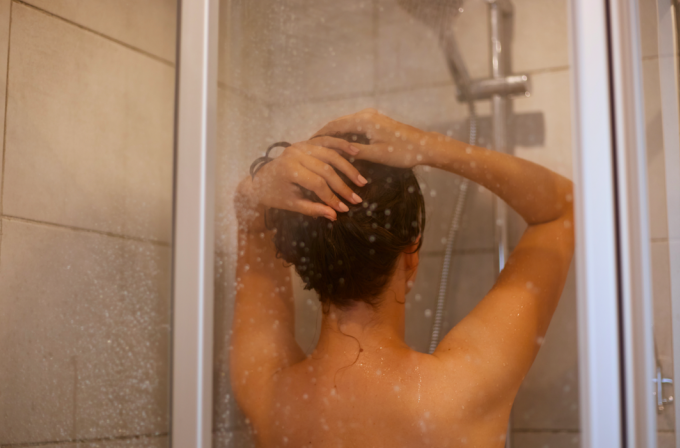
People who bathe at night have a high risk of facial nerve palsy. Photo: Freepik
Dr. Thang said that treatment methods vary depending on the severity of the disease, from medical treatment with drugs to neuromuscular transfer surgery. However, in general, all patients with facial nerve palsy should practice physical therapy combined with massage, electrical stimulation... Exercise helps increase muscle strength, restore coordination between muscles that control the facial area such as the orbicularis oris muscle, the smiling muscle, the levator lip superioris muscle, and the orbicularis oculi muscle, thereby improving facial function and reducing complications.
Patients should do the following exercises 3-4 times a day, each time a maximum of 30 beats.
Facial stimulation: The patient begins by trying to move each part of the face slowly and gently. Then use one finger to gently lift the eyebrows. With the other hand, gently massage different parts of the face, including the forehead, nose, cheeks and mouth.
Nose and cheek exercises: Use your fingers to gently push up the skin next to the nose on the affected side of the face, while trying to wrinkle your nose, focusing on your cheeks and nose. Take a deep breath in through your nose, puff out your cheeks, and exhale through your mouth. The person should cover the unaffected nostril and take a deep breath in through the nose on the paralyzed side to force the muscles to work harder.
Mouth exercises: Start by opening and closing your mouth and frowning. Then gently press your lips together to relax the muscles. Continue lifting each corner of your mouth, using your hand to help lift the affected side. Stick out your tongue and point it towards your chin.
Eye exercises: Raise your eyebrows up and down, the patient can use his hand to lift the eyebrow on the affected side. Then practice looking down and closing the eyes, while gently massaging the eyelids and eyebrows. Alternately open the eyes wide and then gently close them.
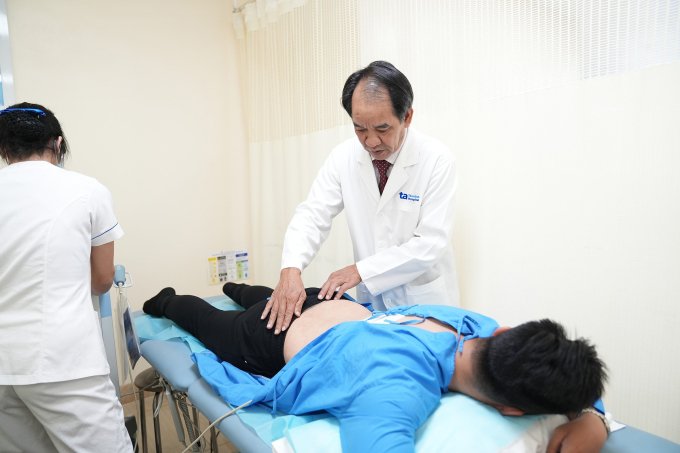
Doctor Thang performs electric shock on the patient's back. Photo: Tam Anh General Hospital
Doctor Thang said that facial nerve palsy is not life-threatening but seriously affects the aesthetics and function of facial organs. As soon as abnormal signs such as not being able to hold water in the mouth when rinsing or brushing teeth; feeling of foreignness in the eyes; unbalanced face, especially when laughing or talking... the patient should see a doctor soon for timely treatment.
To prevent this, in daily life, you should avoid some habits such as taking a sudden cold shower, showering after drinking alcohol...; keep your face and ears warm when exposed to strong winds and cold air; control diabetes, high blood pressure, and dyslipidemia well.
Phi Hong
Source link


![[Photo] Explore the US Navy's USS Robert Smalls warship](/_next/image?url=https%3A%2F%2Fvphoto.vietnam.vn%2Fthumb%2F1200x675%2Fvietnam%2Fresource%2FIMAGE%2F2025%2F12%2F10%2F1765341533272_11212121-8303-jpg.webp&w=3840&q=75)


![[Photo] The captivating scenery of the fragrant maple forest in Quang Tri](/_next/image?url=https%3A%2F%2Fvphoto.vietnam.vn%2Fthumb%2F1200x675%2Fvietnam%2Fresource%2FIMAGE%2F2025%2F12%2F10%2F1765353233198_lan09046-jpg.webp&w=3840&q=75)


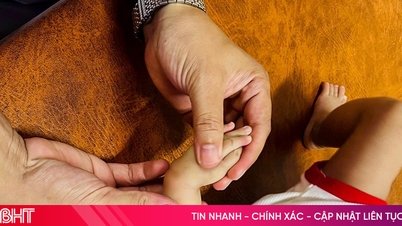

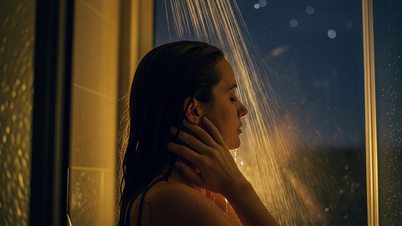

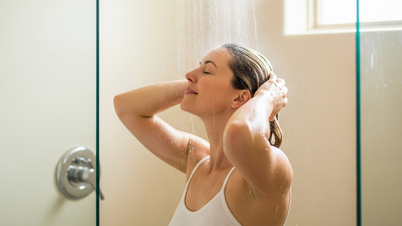
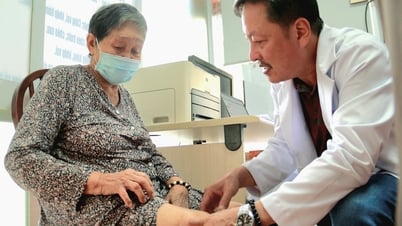





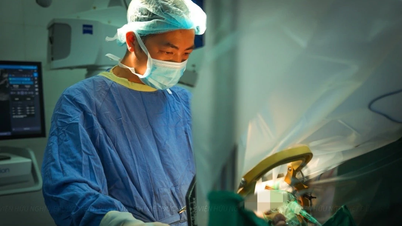

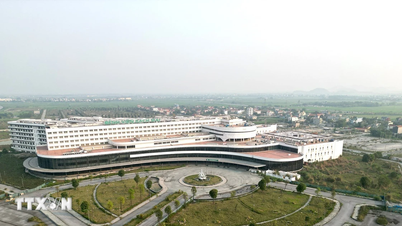
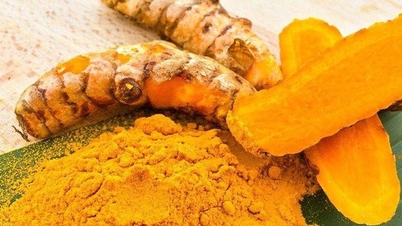


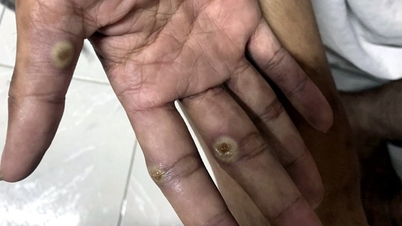















![[Video] The craft of making Dong Ho folk paintings has been inscribed by UNESCO on the List of Crafts in Need of Urgent Safeguarding.](https://vphoto.vietnam.vn/thumb/402x226/vietnam/resource/IMAGE/2025/12/10/1765350246533_tranh-dong-ho-734-jpg.webp)





























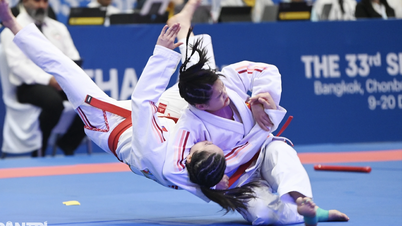


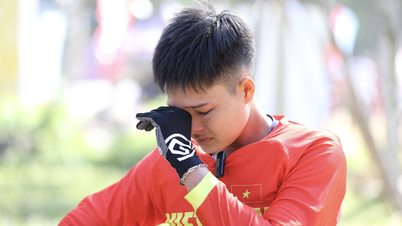
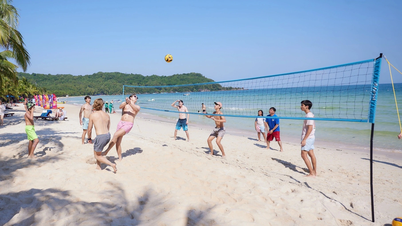


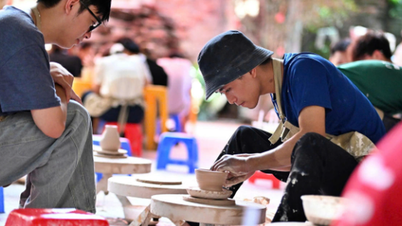

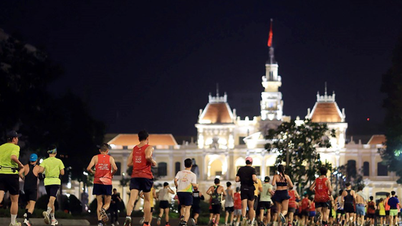



































Comment (0)